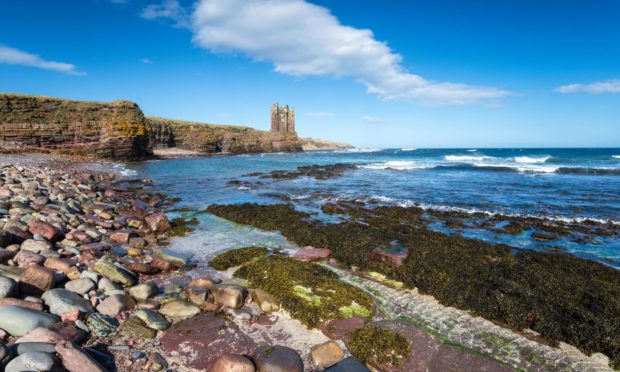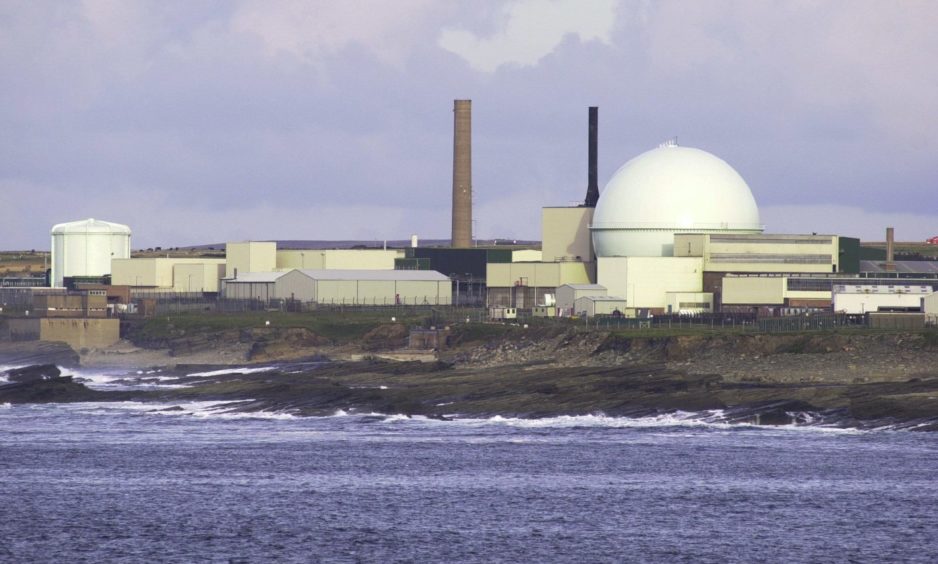About 50 years ago, I was shown a government document from Westminster which explained why Galloway in Scotland had been chosen as the UK’s high level nuclear waste dump.
Although there were many other areas in the UK with the same geology, Mullwharchar Hill in Galloway was preferred because the surrounding communities were “small, remote, unsophisticated and unlikely to protest successfully”. Right enough, despite all our protests, Westminster pressed ahead.
Mullwharchar was eventually saved from becoming a nuclear dump by a sudden earthquake in December 1979.
The melting ice caps, oceans full of plastic, Chernobyl and Fukushima are just some of the lessons which should have put an end to the idea that any part of this planet is remote or expendable
These events made several things clear to an “unsophisticated” 19-year-old Gallovidian such as myself. Politicians in London certainly did not always “follow the science”; they were capable of imposing dangerous and destructive experiments on communities which they regarded as remote. For them, apparently, “remote” could also mean “expendable”.
Caithness will pay a heavy price for generations to come
Just before the Galloway earthquake, we moved to Orkney and discovered that this other remote community – the West Mainland – was in danger of being turned into a uranium mine. The inevitable destruction was acknowledged by government, but it still sanctioned the mine due to what it called “the national interest”. Orkney was also chosen to be a nuclear dump, at Stormy Bank.
In 2021, remote Caithness has significant areas of farmland and seabed which, it is now admitted, will not be usable for at least 300 years. Like Orkney and Galloway, it was chosen 70 years ago for potentially lethal experiments with nuclear technology. Unlike Orkney and Galloway, Caithness was not protected by unforeseen events. There were many serious accidents and fast reactors were eventually abandoned throughout the world. Nevertheless, Caithness will be paying a heavy price for being remote and expendable for many generations to come.
The melting ice caps, oceans full of plastic, Chernobyl and Fukushima are just some of the lessons which should have put an end to the idea that any part of this planet is remote or expendable.
We should be frightened for Scotland in 2021
In 2021, however, we should be frightened again for Scotland. The Brexit “power grab” has removed power from Holyrood to protect our environment – and our food – from destructive and dangerous experiments. Harmful pesticides and gene editing in agriculture; a proposed coal mine in Cumbria cloaked by a public enquiry; plans for more nuclear weapons and waste dumps across Scotland.
I hope, as the country leads the way on sustainable energy, we will consider these concerns and the importance of our parliament’s right to protect the environment in the election on May 6.
Frances McKie grew up in Galloway, lived in Orkney for 20 years and now lives in Evanton, Ross-shire

